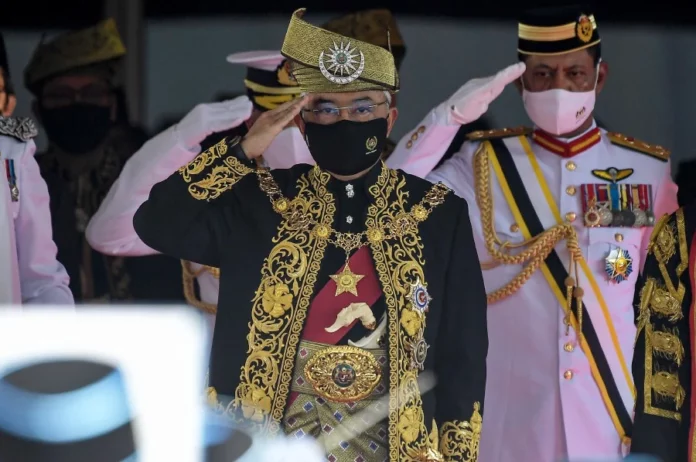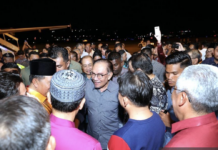KUALA LUMPUR, June 6 — The Yang di-Pertuan Agong Al-Sultan Abdullah Ri’ayatuddin Al-Mustafa Billah Shah has been that calm voice and solid rock that steadies the ship in leading the country during challenging times, says crisis management analyst Nordin Abdullah.
He said this was among His Majesty’s qualities that had set a new bar in terms of handling the various challenges in the country.
“And we have seen it (His Majesty’s calm and strong leadership) time and again. I think this is one of the things that whether you are a politician or part of the millions of Malaysians, gives you a very calming effect.
“His Majesty has the leadership style that is quiet yet strong. This is one of the things we have seen over crisis management perspective,” he said during an online interview on Bernama TV programme ‘The Brief’, today.
Meanwhile, asked about Malaysia’s approach in managing the food security issue, including the move to abolish the Approved Permits (APs) for food imports as a kind of stop-gap measure, he said the government was using every tool in the box to ensure the crisis did not get out of hand.
“One of the things that is in the government’s control is removing APs, and that was done relatively quickly. We have seen further steps (by the government) on how to reduce costs not associated with production, (such as) trying to reduce regulatory cost and trying to improve processing time and doing it in the midst of a crisis,” he said.
On Malaysia’s vision to become a carbon-neutral nation by 2050, Nordin said the commitment by the country had a direct impact on people’s life.
“We need to start to use the environment ‘as part of our home’ to ensure we have enough trees on the ground to avoid erosion,” he said, adding that the private sector in Malaysia had also begun actively taking part in the country’s carbon-neutral journey.
Nordin said Malaysia would now need to do the hard work at the industrial level, which included reducing carbon emissions, reducing the heavy use of energy, and finding innovative ways of solving those challenges.
“So I think Malaysia has the blueprint and programme in place. Now it is about the top leadership saying this is imperative, and the ministries trying to get the job done at the industrial and community level,” he added.



















